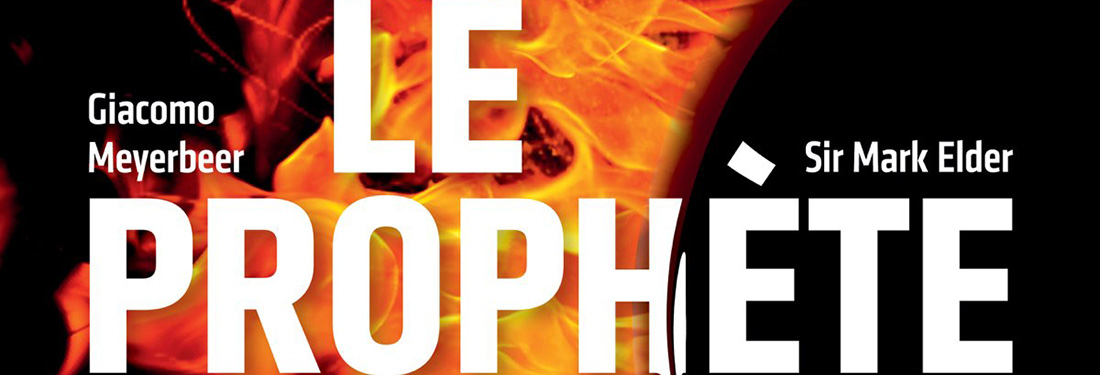
The Russian director Kirill Serebrennikov achieved notoriety among the Kremlin’s cultural authorities for conceiving provocative theater that bristled against the regime’s retrogressive authoritarianism. In 2017, Serebrennikov was stripped of his artistic directorship of Moscow’s prestigious Gogol Center and politically persecuted for allegations of embezzling state funds to his company Seventh Studio. The legal difficulties that followed would fortunately do little to stanch the director’s creative output, nor did they blunt his artistry’s politically barbed and subversive elements. Despite his confinement by house arrest and a travel ban, the director would continue collaborating with his artistic team by conveying instructions via physical mail and channeling his dramaturgical ideas into acclaimed plays, opera productions and films.
Serebrennikov’s harrowing reinterpretation of Richard Wagner’s Parsifal, which premiered at the Wiener Staatsoperduring Easter 2021, maps the director’s own experiences of imprisonment under political duress onto the libretto. His uniquely autobiographical mise en scene transports the Grail’s guardians into a derelict, modern-day prison. In Serebrennikov’s Montsalvat detention center, Gurnemanz emerges as the de facto authority figure and tattoo artist for this community of convicts. Amfortas is an imprisoned political dissident who expresses protest via self-harm, while Kundry is portrayed as a photojournalist who documents these inhumane conditions for a magazine.
Most fascinatingly, Serrebrenikov toys with Wagner’s conceptual unification of time and space by occupying his tableau simultaneously with two embodiments of Parsifal–an older character sung by the lead tenor and the callow youth a silent part acted engrossingly by Nikolay Sidorenko. The elder Parsifal filters his own arc of compassion and self-awareness through memories of his impetuous earlier self, with the production’s explorations of incarceration and justice serving as the impetus for his redemptive liberation. While Serebrennikov’s dramaturgy incited controversy for imposing a vision that occasionally diverges from Wagner’s narrative, the director’s self-contained storytelling is compelling and politically resonant in light of the tragedy surrounding Alexei Navalny’s incarceration and death.
On purely musical terms, the Wagnerian talent assembled for Vienna’s new production transcended whatever aesthetic incongruities Serebrennikov’s carceral Konzept may have imposed onto the opera. When the Staatsoper first mounted this staging in Easter 2021, it convened an epochal cast of singers as distinguished as those who graced the landmark postwar recordings of Solti, Kubelik, and Karajan. Given the difficult circumstances that beset performing arts organizations during the early pandemic, Serebrennikov’s Parsifal would be filmed as a livestream by the Austrian Broadcasting company ORF in the theater’s empty auditorium. Sony would subsequently acquire and engineer this luminous performance’s audio stream for their new deluxe CD set, replete with a lavishly printed booklet containing thoughtful essays about Wagner’s Bühnenweihfestspiel, photos documenting this divisive yet fascinating production, and a complete trilingual libretto–a package as lovingly crafted as the releases from the opera recording industry’s heyday.
And what a luxury it is to experience this musically outstanding Parsifal with a cast of this caliber! Jonas Kaufmann, renowned for his probing Wagnerian interpretations, stars as the titular character—his second turn in the role for Sony’s catalog following his celebrated debut in François Girard’s iconic production at the Metropolitan Opera. Where that earlier DVD captured Kaufmann at the height of his vocal powers, his recent interpretation evinces a more poignant transformation. Here, his instrument has taken on grittier, more baritonal colorations better suited to Wagnerian roles of dramatic heft, as can be heard in his earthy, psychologically acute rendering of the climactic “Amfortas! Die Wunde!” If Kaufmann from a purely vocal standpoint struggled to convey the pure fool’s naivety and wonder in his journey towards enlightenment, his mature vocal coloration marries paradoxically well with Serebrennikov’s framing of an elderly Parsifal confronting his past self.
The German bass Georg Zeppenfeld brings his lucid diction and an exquisite sense for musical phrasing to this recording’s Gurnemanz. If Zeppenfeld’s more compact instrument lacks the rumbling depth of a Kurt Moll or the leonine authority of a Hans Hotter, he nevertheless projects the authority and sagacity befitting of the elder knight. With his gift for flecking variations of vocal color into long and coherent dramatic arcs, Zeppenfeld consistently commands the listener’s focus even throughout the role’s lengthier expositions. It is a testament to this bass’s affinity for Wagnerian style that both his broad paragraphs in the first act and his moving interactions with Parsifal during the opera’s close are filled with rapture and realization.
But the recording’s true revelation is the Latvian mezzo El?na Garanca, who can lay claim to being the most extraordinary mezzo to undertake Wagner’s bewitching, tormented anti-heroine Kundry since Christa Ludwig’slegendary assumption for Sir Georg Solti. Garanca combines lied-like textual acuity with sumptuous vocalism in portraying Kundry’s fractured dualities—the untamed seductress of animalistic allure and the abjectly suffering penitent. Such qualities are most thrillingly heard as she oscillates between molten sensuality and tremulous vulnerability during her solo “Ich sah das Kind an seiner Mutter Brust,” rendered with vocal relish and variations of coloristic nuance. More impressively still, her ability to unleash the role’s treacherously taxing finale in Act 2 with steely power and brilliance simply defies belief. Garanca immerses herself fully in Kundry’s unfathomable mysteries, surfacing the character’s cosmic suffering in a performance of searing intensity.
?si=MwGWG1vTVX4LZXeq
Rounding out this parade of vocal marvels is the French baritone Ludovic Tézier, whose Verdian warmth and searing emotional immediacy cuts an anguished figure in his role debut as the fallen Grail king Amfortas. In his all-too-brief scenes, Tézier inflects Amfortas’ anguished lamentations with burnished, throbbing vocalism. If the sheer robustness and explosive power of his outbursts can seem a shade Italianate in this repertoire, his versatile artistry is evinced how deftly he adapts his singing to the specificities of Wagner’s writing. Complementing this excellent quartet is Wolfgang Koch’s sleazy, villainous turn as Klingsor, appropriately keyed to Serebrennikov’s conception of the character as Kundry’s creepy editor.
Philippe Jordan and the Wiener Staatsoper’s virtuosic orchestra unveil Wagner’s seamlessly evolving score with a combination of dramatic urgency and tonal refinement. As one would expect from the Viennese ensemble, the players burnish the work’s ceaseless modulations of harmony and chromaticism with extraordinary individuality, allowing the score’s motifs to emerge clearly amid the instrumental tapestry. This is a Parsifal that breathes and shifts with agility and rhythmic incisiveness under Jordan’s baton. In its straightforward execution, the performance perhaps hews closer to Solti’s theatrically attuned vision as opposed to the more expansive, ethereal realms inhabited by the numinous interpretations of Karajan and Knappertsbusch. If Jordan’s immediate reading glosses over the work’s religiosity, it never shirks its great moments of meditative solemnity and attains transcendence in its closing pages.
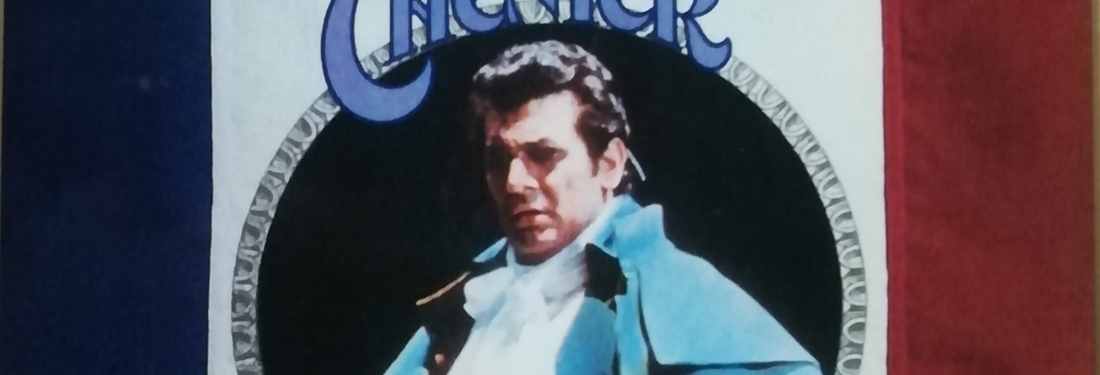
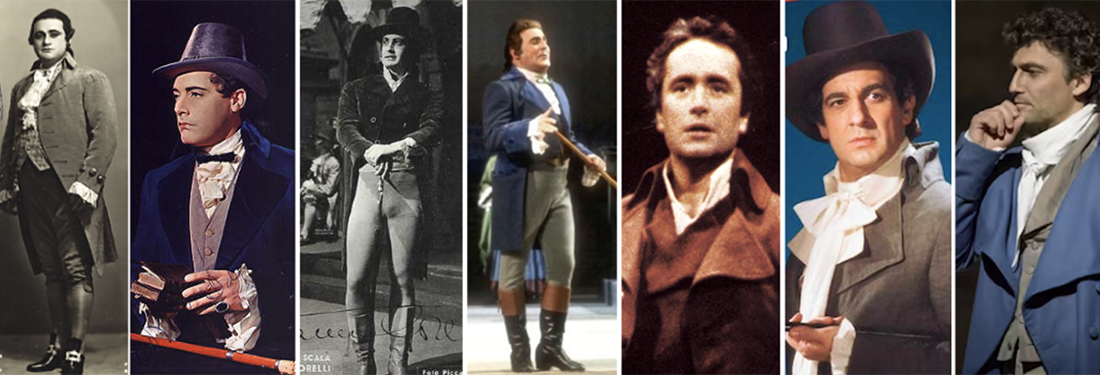
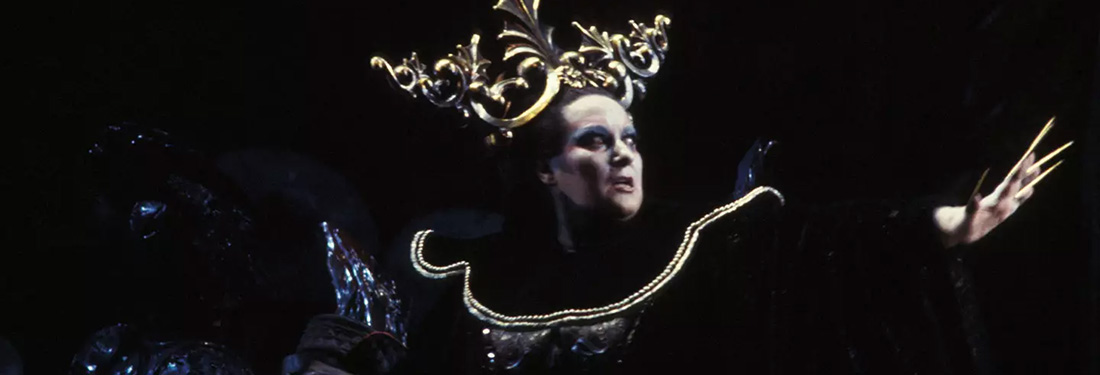
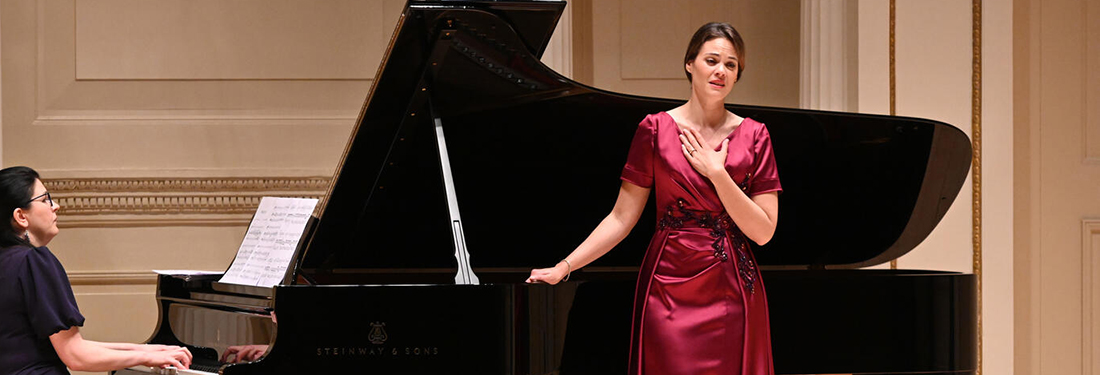
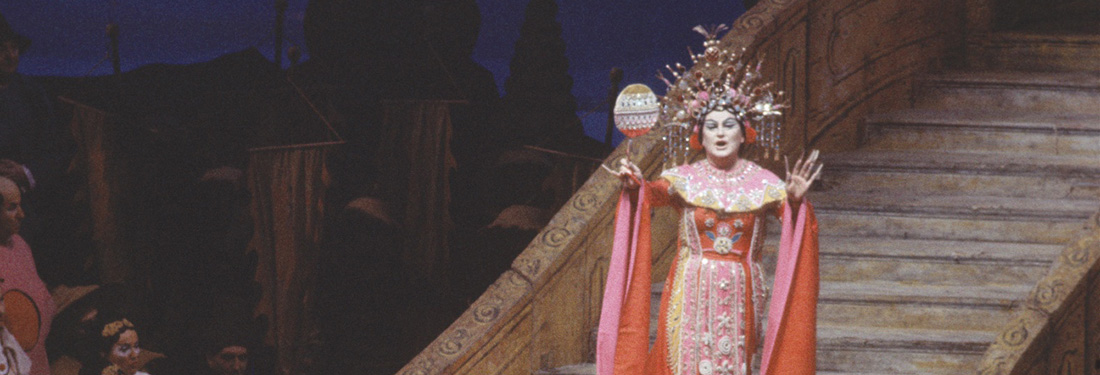
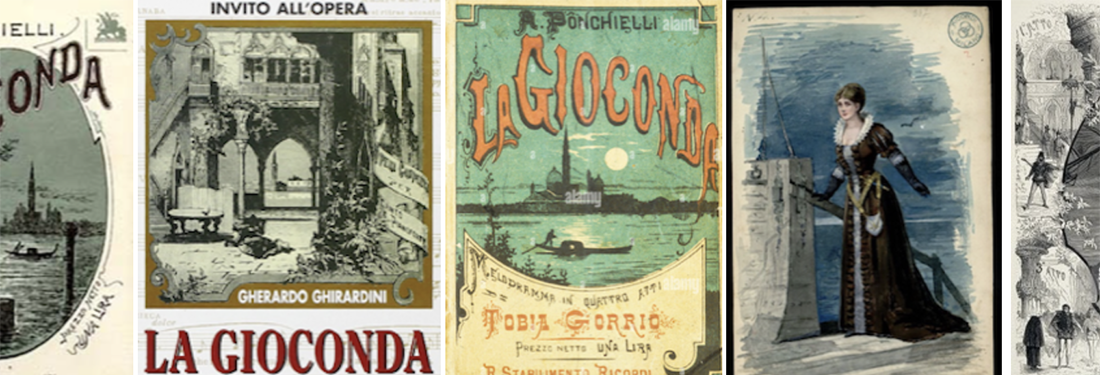
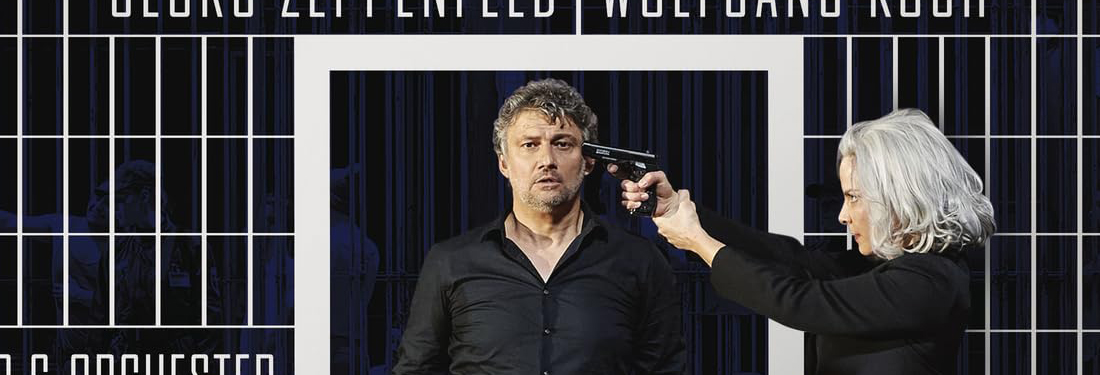
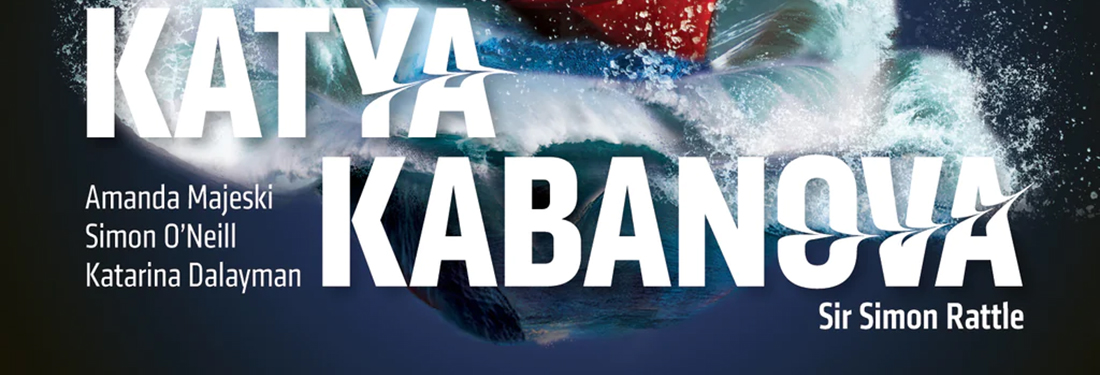

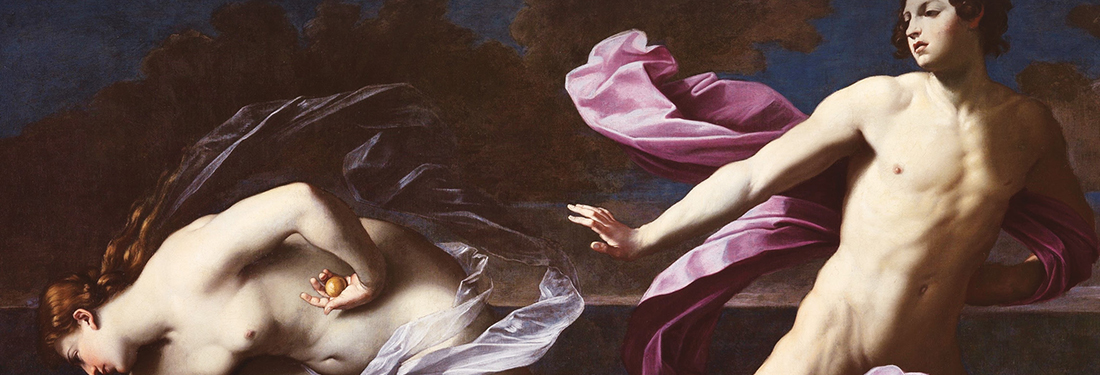
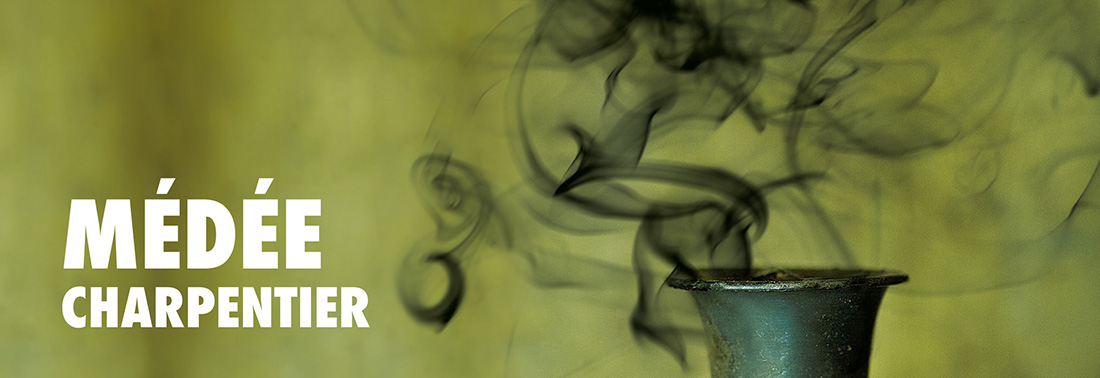
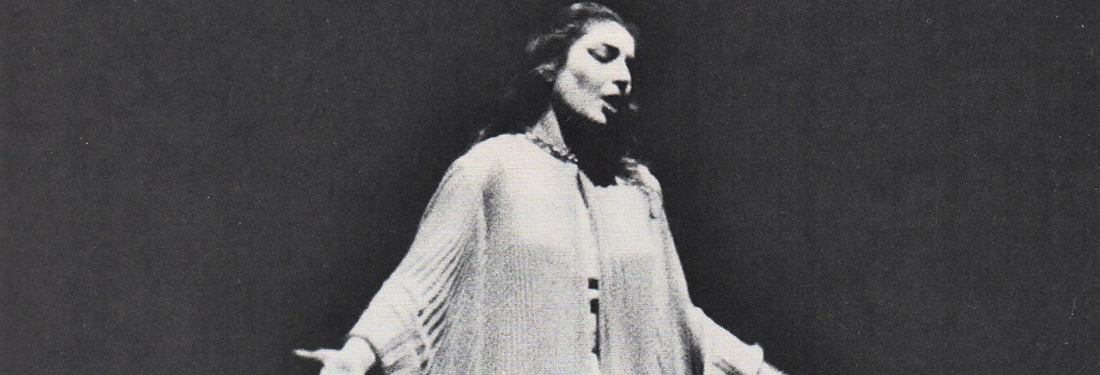
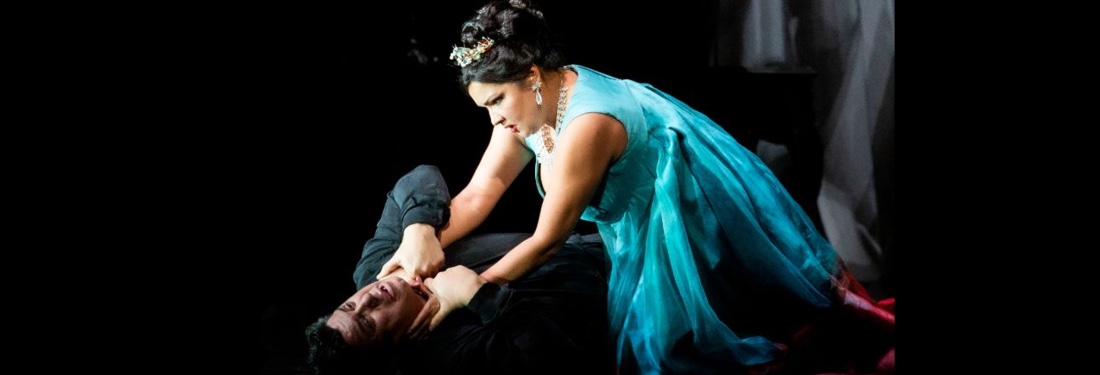

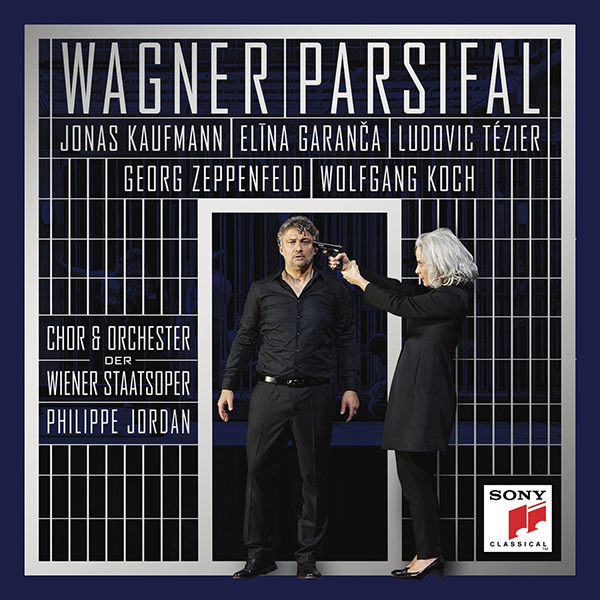






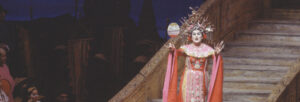
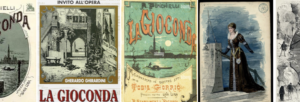



Comments